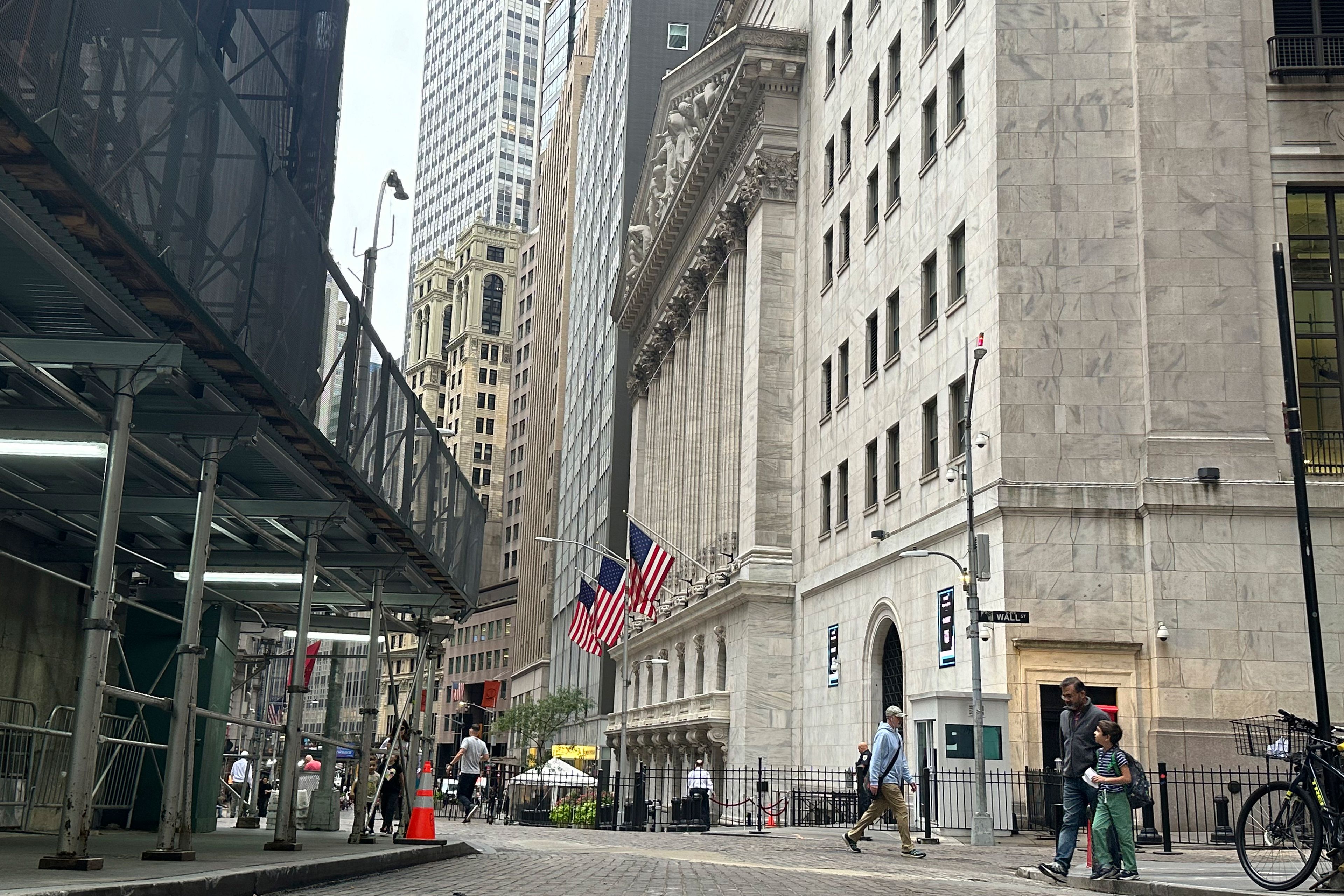CNET.com
Never before have so many photographs been so readily available to so many people at the same time. Thanks to Internet-based stock-photo agencies and photo-sharing Web sites, you can just as easily instantly download a digital copy of a gritty Diane Arbus print as you can a snapshot of your grandkids playing in the pool.
While this killer combination of fast access and vast exposure provides virtually unlimited creative options, it also carries risks. Now, everyone - from pros to parents - is beginning to wonder if their images are safe online.
If you're on the hunt for a specific photo, have no fear. Chances are good that you'll be able to find what you're looking for online, no matter what the content. For example, head to Google Image Search, and you can search through Web sites hosting pictures of everything from happiness to hamburgers with equally comprehensive results.
If you want to get personal in your search, speed over to Ofoto.com, Shutterfly.com, Snapfish.com, or whichever online photo developer your family uses and flip through your digital albums online.
Or if you're beyond browsing and need a specific image for commercial use in an article, book, presentation, or pamphlet, log on to Corbis.com, Gettyone.com, EyeWire.com, or a number of other image banks and scour their databases until you find exactly what you need. Most of these sites are rich in both their selection and quantity of digital images; Corbis alone, for example, has 2.1 million images available online.
However, it's important to keep in mind that just because you are able to download an image onto your desktop doesn't mean it's yours for the taking. According to the United States' national copyright law, all text, photos, visual art, and music are protected from the moment they are created - and this includes content found online.
However, U.S. copyright law also requires that photographers register the copyrights in their photos before they can sue anyone for infringing on their rights. If your copyright is unregistered and you do sue, not only will you have to prove the damages, but you won't be able to sue for statutory and punitive damages or to recover your lawyer's fees, either. (For more information on copyright law, check out the Picture Agency Council of America's 10 Copyright Commandments.) Legally, if you want to use an original photo, you should first ask the photographer's permission.
Unfortunately, not everyone is so polite and considerate. And, seeing as how suing offenders is about as cost-effective as buying a bag of rice one grain at a time, you can see why photographers would be reluctant to post their work online at all.
One way photographers can make their images harder to steal is to watermark them. Digimarc creates a watermark plug-in that's currently supported by most image editing programs, including Adobe's Photoshop and ImageReady, Corel's PhotoPaint, Jasc's Paint Shop Pro, and Ulead's PhotoImpact. Digimarc's watermarks allow you to imperceptibly embed copyright information directly into your digital-picture file.
Programs such as Photoshop and CorelPaint can tell if an image is watermarked and will let you easily read the file's copyright information so that you can make sure you're not stepping on anyone's rights.
Connect with the Southeast Missourian Newsroom:
For corrections to this story or other insights for the editor, click here. To submit a letter to the editor, click here. To learn about the Southeast Missourian’s AI Policy, click here.








